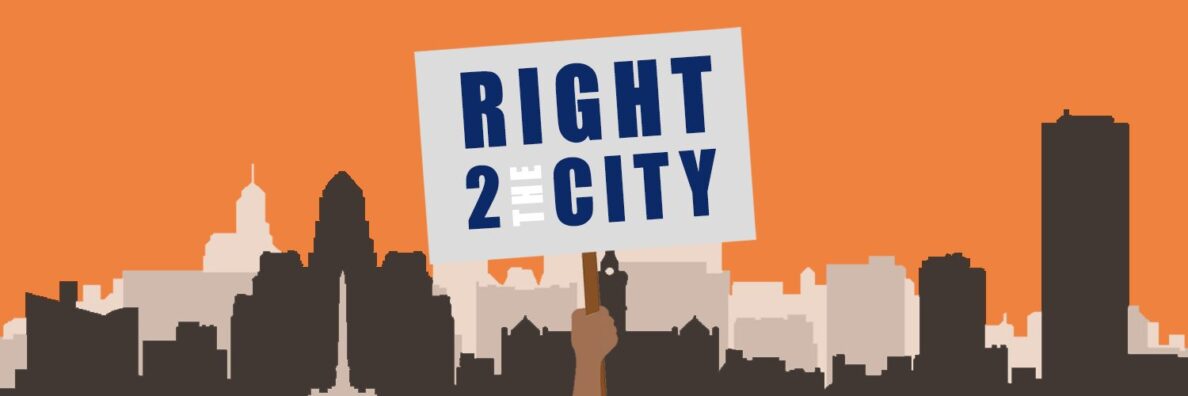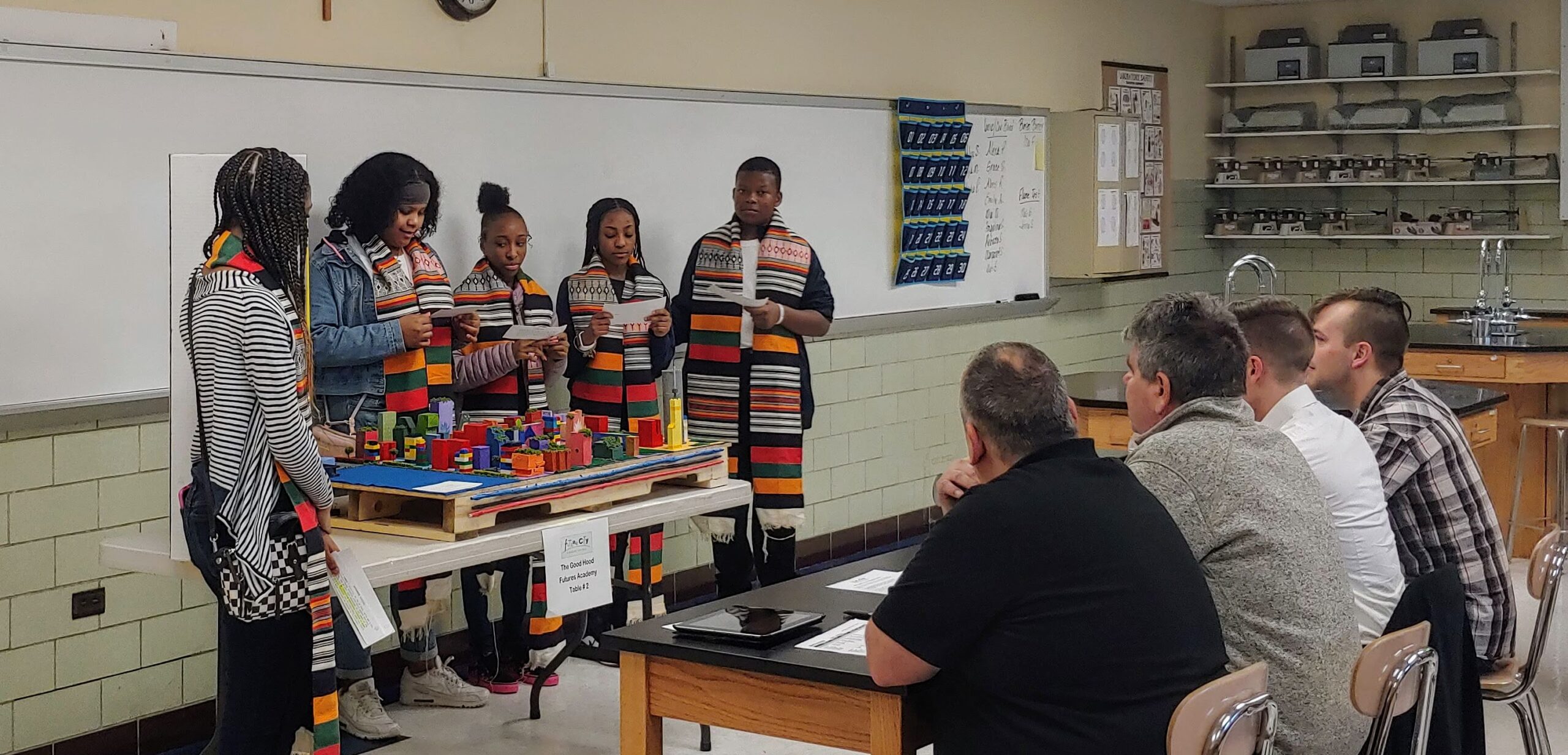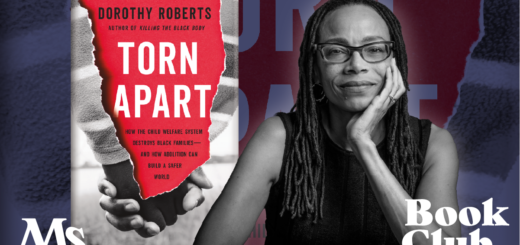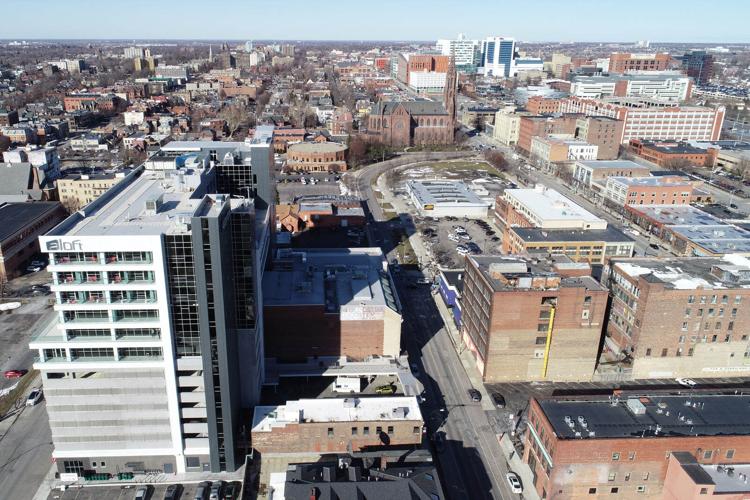The Unknown History of Black Uprisings
In a new book, the historian Elizabeth Hinton reveals that, in the late sixties and early seventies, there were hundreds of local rebellions against white violence and racial inequality.
Since the declaration of Martin Luther King, Jr.,’s birthday as a federal holiday, our country has celebrated the civil-rights movement, valorizing its tactics of nonviolence as part of our national narrative of progress toward a more perfect union. Yet we rarely ask about the short life span of those tactics. By 1964, nonviolence seemed to have run its course, as Harlem and Philadelphia ignited in flames to protest police brutality, poverty, and exclusion, in what were denounced as riots. Even larger and more destructive uprisings followed, in Los Angeles and Detroit, and, after the assassination of King, in 1968, across the country: a fiery tumult that came to be seen as emblematic of Black urban violence and poverty. The violent turn in Black protest was condemned in its own time and continues to be lamented as a tragic retreat from the noble objectives and demeanor of the church-based Southern movement.
Keeanga-Yamahtta Taylor, June 24, 2021
Read the full article here The New Yorker
Author Profile
Latest entries
 Selected Media06/03/2025Canada to expedite nation building projects to counter Trump
Selected Media06/03/2025Canada to expedite nation building projects to counter Trump Economic Development06/03/2025Tulsa plans $105m in reparations for America’s ‘hidden’ massacre
Economic Development06/03/2025Tulsa plans $105m in reparations for America’s ‘hidden’ massacre Political Corruption05/29/2025The US military, eyeing China deterrence, could draw down deployments to South Korea
Political Corruption05/29/2025The US military, eyeing China deterrence, could draw down deployments to South Korea Political Corruption05/29/2025Federal court blocks Trump from imposing sweeping tariffs under emergency powers law
Political Corruption05/29/2025Federal court blocks Trump from imposing sweeping tariffs under emergency powers law



